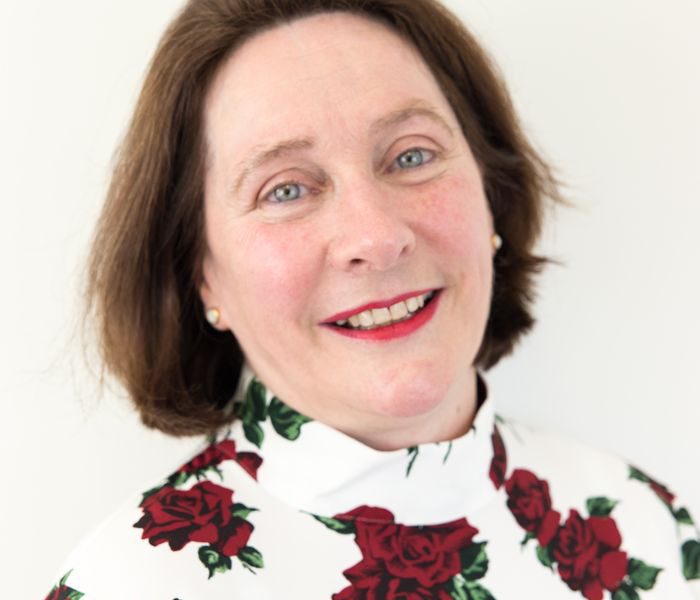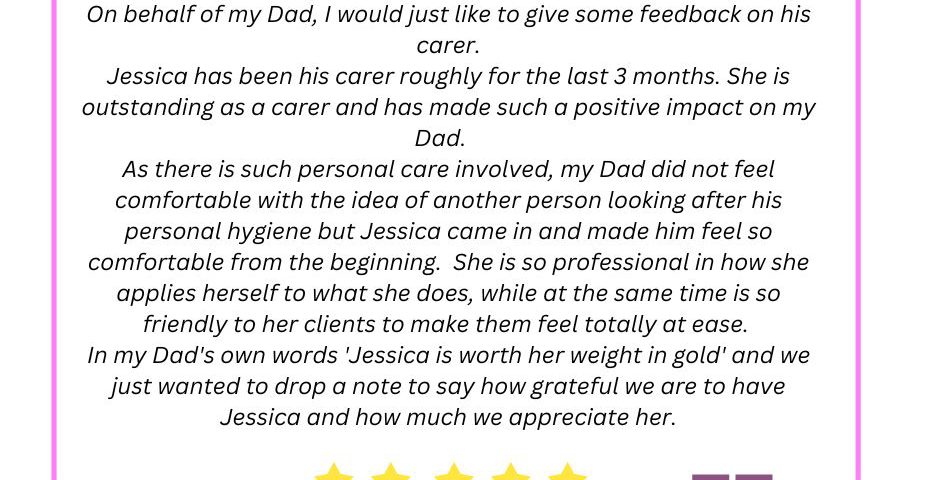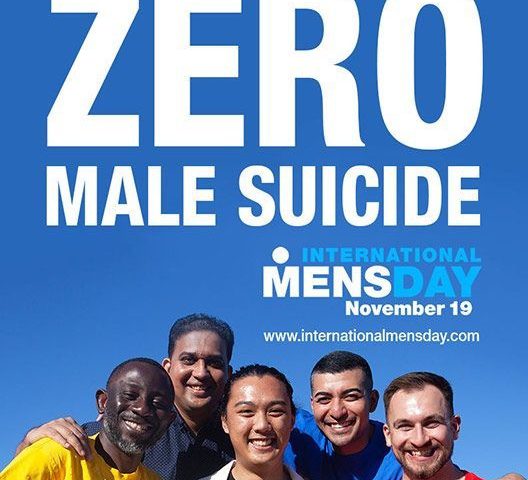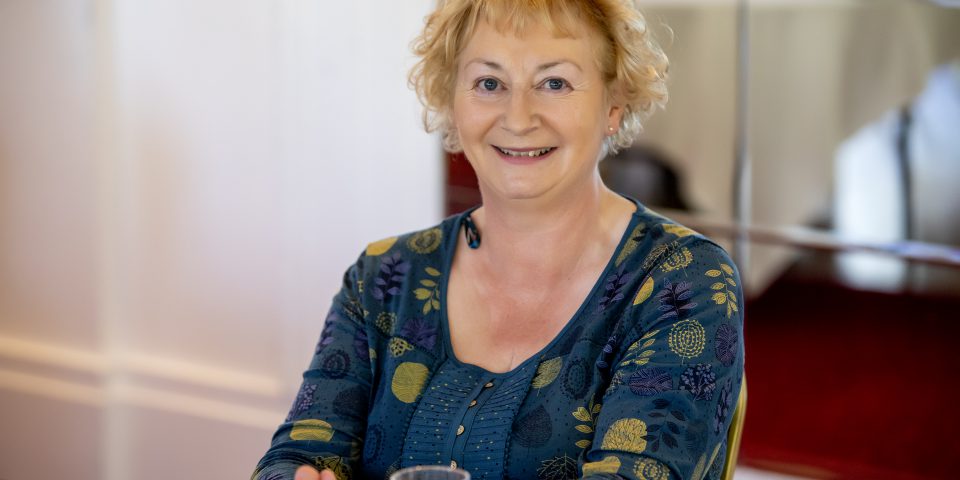
Inspiring Carer Experiences: Sinead O’Neill
January 22, 2021
QQI Healthcare Support Major in only 9 Months
March 3, 2021Meet Our Senior Social Care Community Supervisor: Mary Tuffy


We asked our Senior Social Care Community Supervisor, Mary Tuffy, to explain what her role for Private HomeCare in the community entails.
Mary has worked in the care industry for 30 years, including public and private hospitals.
“Community work means offering support for our clients and their families. Families like knowing that someone is popping in to keep an eye on clients, with regard to their meds and personal care, especially if there is a high risk of falls. It takes pressure off families from worrying about their relative.
My role is mainly divided into 3 areas: spot checking for quality of care, shadow shifts with carers for clients who may require specialist care, and liaising with community health care specialists such as occupational therapists.
Spot checking ranges from checking carers and to looking out for changes in client situations. For example mobility can be poor amongst older people.
Some will have physio exercises directed by a physiotherapist, which their regular carer can guide them through. I will also check out flooring in the home, and enquire if and how they are using walkers and zimmers. If I notice deterioration in mobility over time, I will follow up with their physio or Public Health Nurse and we might consider stairlifts or rollaters or other solutions.
Shadow shifting is where I do a shift with a carer who is starting out with a client. For example, this might apply to clients living with dementia or clients using a hoist. Each hoist is different so we train carers to use them on a case by case basis.
I have reason to liaise with Public Health Nurses regularly. For example if a family is out all day, I might recommend to put a client’s name forward for day care, where there are lots of services including chiropody and meals. Sometimes people are unaware of these services.”
Finally we asked Mary what she lives best about her work. After a long pause (as it was so hard to choose just one thing, according to Mary), she replied “My visits to our palliative care clients mean a lot. Many families prefer to have their relatives die at home and I love that we are part of that care.”


